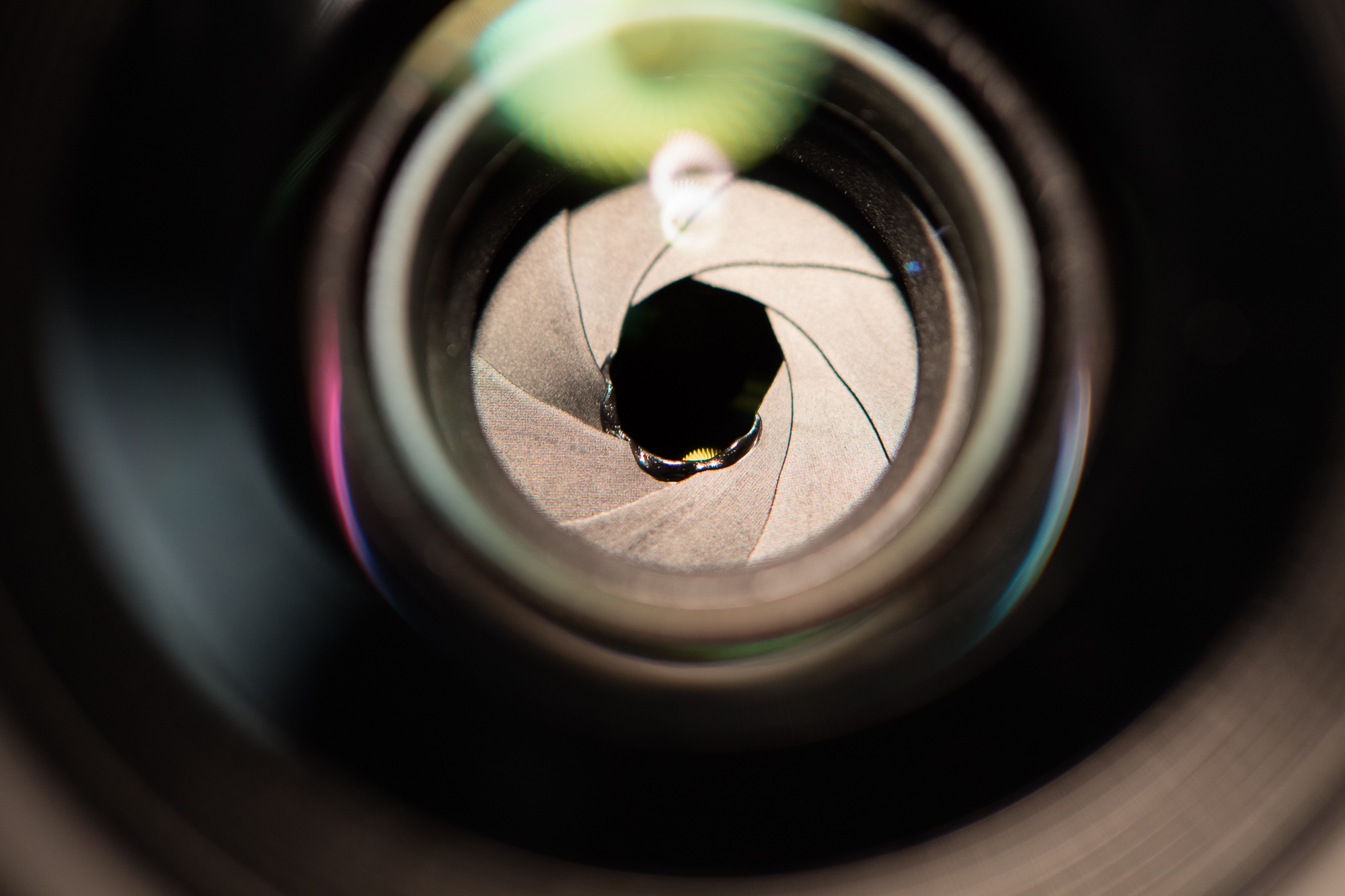Well, I had planned to do a time lapse of an approaching storm through my front window. But unexpectedly the sky cleared off to full sun. And, unfortunately, the sun was in the frame. As soon as I realized what was happening, and how bad it could be, I pulled the camera out of the sun. Looking at what was recorded on the time lapse, I estimate that the camera was looking at the sun for a little over 5 and a half minutes, with a 24mm lens. The time was around 3:30pm, and sunset here today is 6:38pm.
One big caveat, like I said it was through a window, and the window has solar blocking film on it. You can see out of the windows, but the amount of tint is about like wearing a pair of sunglasses, maybe a little less. You cannot feel heat from the sun through the window, which is the whole point of the film.
To see how strong the sun was, after I took the camera out of the sun, I held just the lens up to the sun, put my hand behind the lens, and moved it until the sun was focused down to a pin point on my hand. It didn't burn my hand or even feel hot.
The camera seems to still work fine. I took a dark photo and I see nothing weird. The sensor looks ok. So is it likely that the camera escaped unscathed? Is sun damage to cameras pretty much either it burns a hole in the sensor or it's fine, with little in-between?
One big caveat, like I said it was through a window, and the window has solar blocking film on it. You can see out of the windows, but the amount of tint is about like wearing a pair of sunglasses, maybe a little less. You cannot feel heat from the sun through the window, which is the whole point of the film.
To see how strong the sun was, after I took the camera out of the sun, I held just the lens up to the sun, put my hand behind the lens, and moved it until the sun was focused down to a pin point on my hand. It didn't burn my hand or even feel hot.
The camera seems to still work fine. I took a dark photo and I see nothing weird. The sensor looks ok. So is it likely that the camera escaped unscathed? Is sun damage to cameras pretty much either it burns a hole in the sensor or it's fine, with little in-between?

